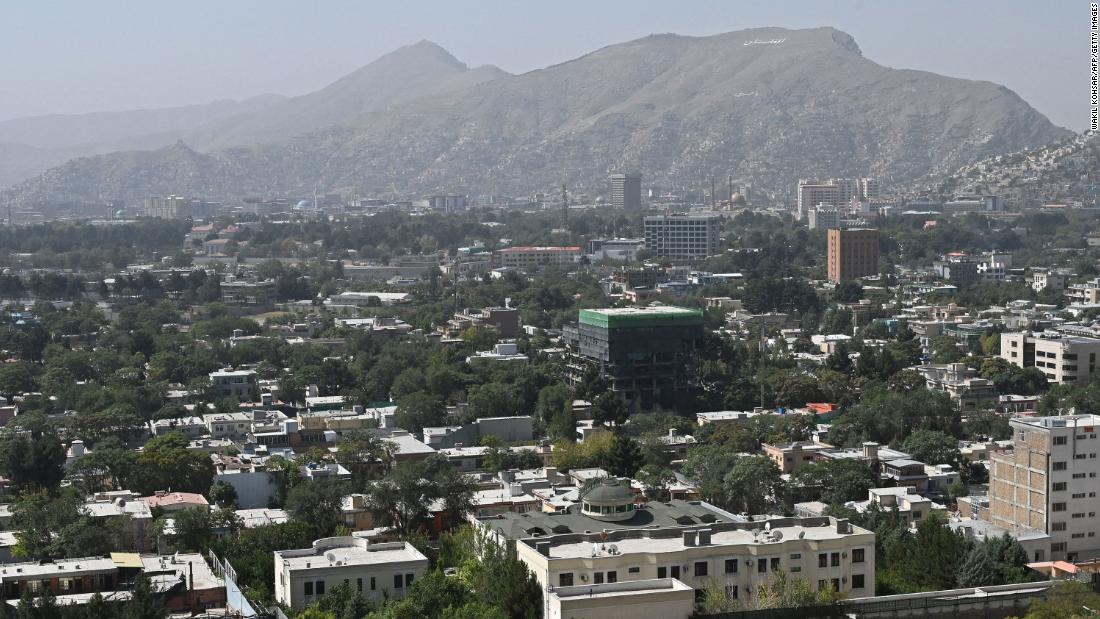
The situation in Afghanistan has reached a critical juncture as gunfire erupted at the Kabul airport amidst ongoing evacuations. This comes amid the backdrop of a surge in COVID-19 cases, further complicating the humanitarian crisis in the country. In this article, we delve into the unfolding events at the Kabul airport, the challenges faced in evacuating people, and the impact of the COVID-19 surge on the already dire situation.
Unrest and Tensions at Kabul Airport
Security Concerns and Gunfire
The situation at the Kabul airport has been fraught with security concerns and escalating tensions. Reports of gunfire and chaos have raised alarms about the safety of those attempting to flee the country. The uncertainty and fear surrounding the airport have hindered the smooth execution of evacuation efforts.
Challenges in Evacuating People
Evacuating people from Afghanistan has proven to be a daunting task. The sheer number of individuals seeking to leave the country, coupled with security risks and logistical challenges, has made the evacuation process highly complex and time-sensitive.
Humanitarian Crisis in Afghanistan
Displacement and Vulnerability
The ongoing conflict and insecurity have led to mass displacement of Afghan civilians, rendering them vulnerable and in need of urgent assistance. Many families have been forced to leave their homes and seek refuge at the airport, adding to the humanitarian crisis unfolding in the country.
Aid and Assistance Efforts
Humanitarian organizations and governments worldwide are mobilizing aid and assistance to address the urgent needs of the displaced population in Afghanistan. Providing food, shelter, and medical supplies are among the priorities to support those affected by the crisis.
Impact of the COVID-19 Surge
Overwhelmed Healthcare System
Adding to the complexities of the situation, Afghanistan is facing a surge in COVID-19 cases. The virus’s spread has overwhelmed the already fragile healthcare system, making it challenging to treat both COVID-19 patients and those injured in the conflict.
Vaccination Challenges
The vaccination efforts in Afghanistan have faced significant challenges, with access to vaccines being limited in conflict-affected regions. The COVID-19 surge has highlighted the importance of vaccine equity and the need for international support in ensuring equitable vaccine distribution.
International Response and Aid
Calls for Immediate Action
The unfolding crisis in Afghanistan has prompted calls for immediate action from the international community. Governments, non-governmental organizations, and individuals are rallying to provide support, financial aid, and resources to assist those affected.
Refugee Resettlement Efforts
Many countries are stepping up efforts to resettle Afghan refugees. Pledges to provide safe havens for those fleeing the country are being made, with a focus on providing protection and assistance to the most vulnerable.
The Road Ahead
Navigating Complexities and Challenges
The situation in Afghanistan remains fluid and complex, requiring careful navigation of numerous challenges. Ensuring the safety of evacuees, providing humanitarian aid, and containing the COVID-19 surge are all critical components in the road ahead.
Long-Term Support and Solutions
Addressing the humanitarian crisis in Afghanistan will require long-term support and sustainable solutions. Rebuilding infrastructure, providing access to education and healthcare, and fostering economic stability are vital for the country’s future.
Conclusion
The situation in Afghanistan Evacuations continues to evolve, with gunfire erupting at the Kabul airport amidst ongoing evacuations and a surge in COVID-19 cases. The humanitarian crisis has brought to light the urgent need for international aid and support. As the world comes together to assist those affected, providing immediate relief and working towards long-term solutions will be crucial in navigating the challenges ahead.



